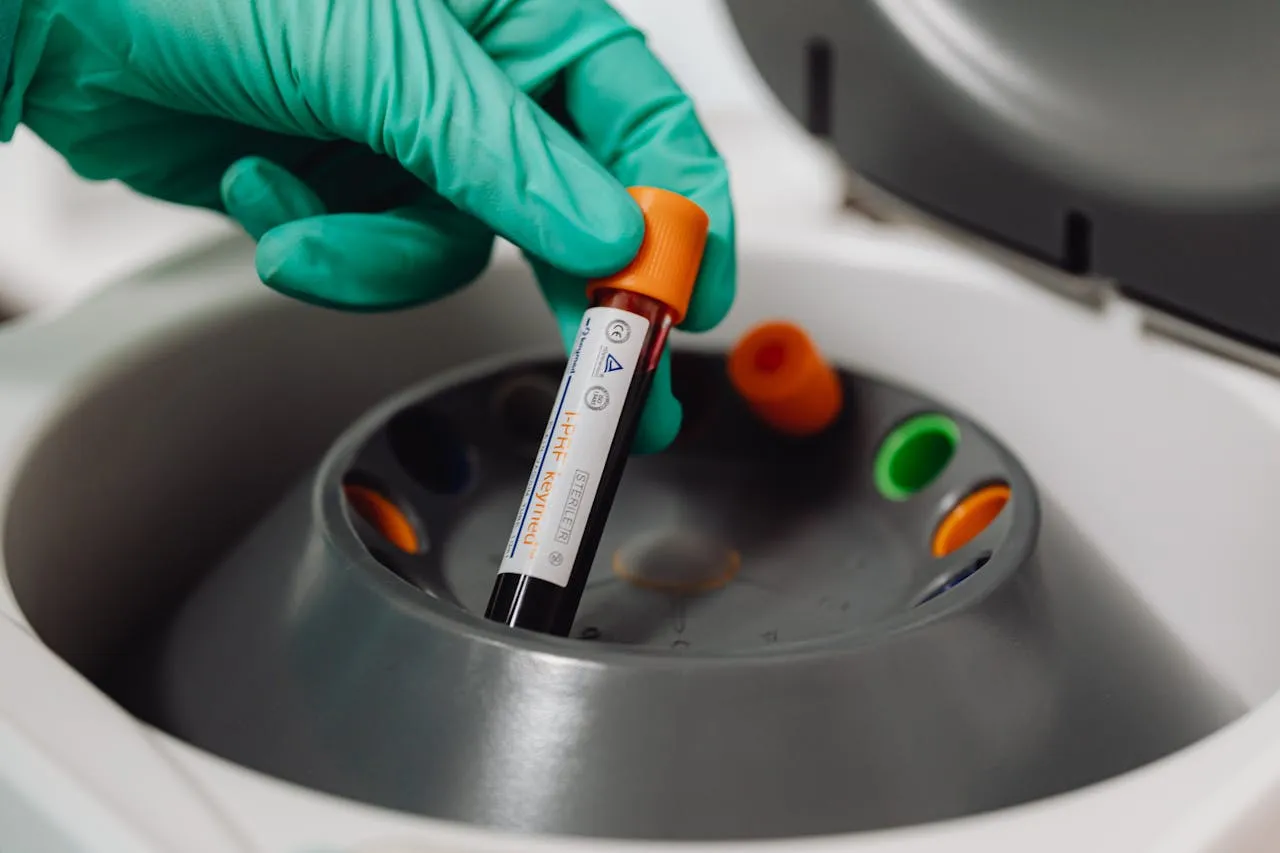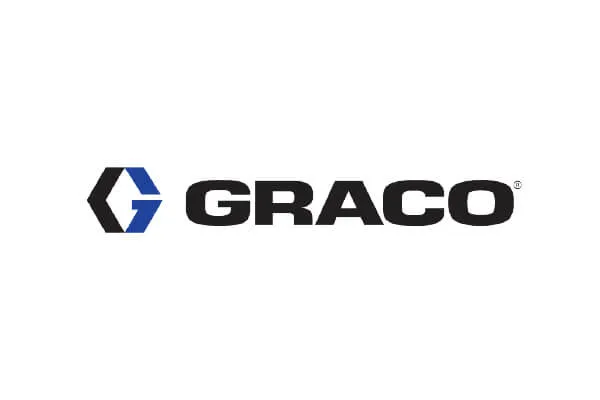
Drug Farm, a private biotechnology company pioneering the use of genetics and artificial intelligence to discover and develop innovative immune-modulating therapies, announced today that it has entered into a Material Transfer Agreement (MTA) with Cincinnati Children’s Hospital Medical Center (CCHMC). Through this collaboration, Drug Farm will provide its proprietary compound DF-003 to the laboratory of Dr. Daniel Starczynowski, the Katherine Stewart Waters Endowed Chair of Hematological Malignancies at CCHMC. The collaboration is aimed at advancing research into the therapeutic potential of ALPK1 inhibition in treating diseases associated with clonal hematopoiesis of indeterminate potential (CHIP).
As part of the agreement, Dr. Starczynowski will also join Drug Farm’s Scientific Advisory Board, bringing his expertise in hematological malignancies and molecular biology to guide the company’s scientific and strategic direction.
A New Rationale for Targeting CHIP
The collaboration follows a groundbreaking study recently published in Nature by Dr. Starczynowski’s laboratory, which established a direct link between ADP-heptose, a microbial metabolite and specific activator of ALPK1, and the development of CHIP. CHIP is increasingly recognized as a major risk factor for both cardiovascular disease and blood cancers, particularly in aging populations.
Henri Lichenstein, PhD, Chief Executive Officer of Drug Farm, explained the significance of the findings and the rationale for advancing DF-003 into clinical studies targeting CHIP.
“A recently published Nature article from the laboratory of Dr. Starczynowski has established a direct link between ADP-heptose and CHIP. Because CHIP is known to significantly increase the risk of heart disease and blood cancers, there now exists a clear, mechanism-based rationale to investigate ALPK1 inhibition with DF-003 in clinical trials for the treatment of these diseases,” said Lichenstein. “We are honored to collaborate with Dan and are thrilled to welcome him to Drug Farm’s Scientific Advisory Board. His expertise will be invaluable in understanding how the ADP-heptose/ALPK1 axis drives disease in CHIP carriers.”
Understanding the Biology of CHIP
Dr. Starczynowski emphasized how changes in gut health and microbial metabolites can directly contribute to disease progression.
“Our laboratory has shown that age-related changes in gut health activate the ADP-heptose/ALPK1 axis and promote expansion of CHIP stem cells, leading to increased risk of heart disease and blood cancers,” said Starczynowski. “We are excited to collaborate on a drug that is backed by strong scientific rationale and offers a precision-targeted approach to treating age-related diseases driven by CHIP.”
This collaboration underscores the growing recognition that immune-metabolic pathways play a central role in the aging process and in the development of age-associated diseases.
About DF-003
DF-003 is Drug Farm’s proprietary, first-in-class small molecule inhibitor of ALPK1. The compound is designed to block both wild-type ALPK1 and disease-causing variants, such as those found in ROSAH syndrome (retinal dystrophy, optic nerve edema, splenomegaly, anhidrosis, and headache).
The drug has already advanced through a Phase 1 clinical trial (NCT05997641) in healthy volunteers, where it demonstrated a favorable safety profile. DF-003 is currently being evaluated in a Phase 1b study (NCT06395285) enrolling patients with ROSAH syndrome. The collaboration with CCHMC opens the possibility of expanding its clinical applications to include patients with CHIP-related cardiovascular disease and hematological malignancies.
Under the terms of the MTA, Drug Farm will retain all rights, title, and interest in DF-003.
About Clonal Hematopoiesis of Indeterminate Potential (CHIP)
CHIP is defined by the presence of acquired somatic mutations in blood-forming stem cells, without evidence of overt hematologic malignancy. The condition is typically identified through molecular genetic testing of blood. Its prevalence increases significantly with aging and is estimated to affect a substantial proportion of individuals over the age of 60.
Although CHIP does not always progress to cancer, carriers face a markedly higher risk of developing atherosclerotic cardiovascular disease and various hematological malignancies. Recent research has revealed that the ADP-heptose/ALPK1 signaling pathway serves as a mechanistic link between age-related changes in the gut microbiome and the expansion of CHIP clones.
Key references include:
- Jaiswal, S. et al. Clonal Hematopoiesis and Risk of Atherosclerotic Cardiovascular Disease. N Engl J Med, 2017;377(2):111-121.
- Jaiswal, S. and Ebert, B. Clonal hematopoiesis in human aging and disease. Science, 2019;366(6465):eaan4673.
- Agarwal, P. et al. Microbial metabolite drives ageing-related clonal haematopoiesis via ALPK1. Nature, 2025;642(8066):201-211.
Looking Ahead
The collaboration between Drug Farm and Cincinnati Children’s represents a significant step forward in translating cutting-edge scientific discoveries into novel therapeutic strategies. By targeting the ALPK1 pathway, DF-003 has the potential to address the underlying biological mechanisms linking CHIP to life-threatening diseases such as heart disease and blood cancers.
This partnership highlights how the convergence of academic discovery and biotechnology innovation can accelerate the development of precision medicines that directly address the root causes of age-related disease.
About Drug Farm
Drug Farm is a private biotechnology Company developing innovative treatments targeting innate immunity for heart disease, blood cancers, ROSAH (retinal dystrophy, optic nerve edema, splenomegaly, anhidrosis and headache) syndrome and hepatitis B. For more information please visit: https://www.drug-farm.com.







